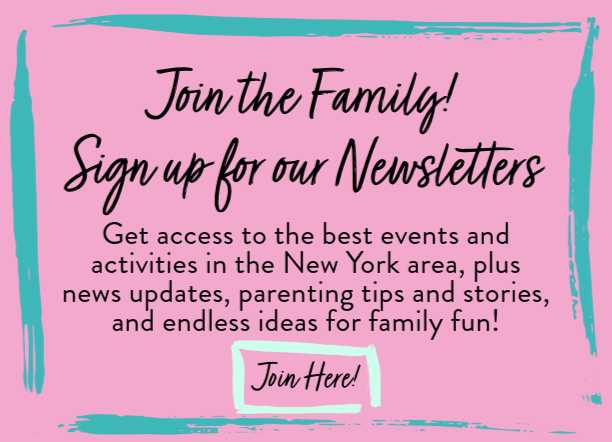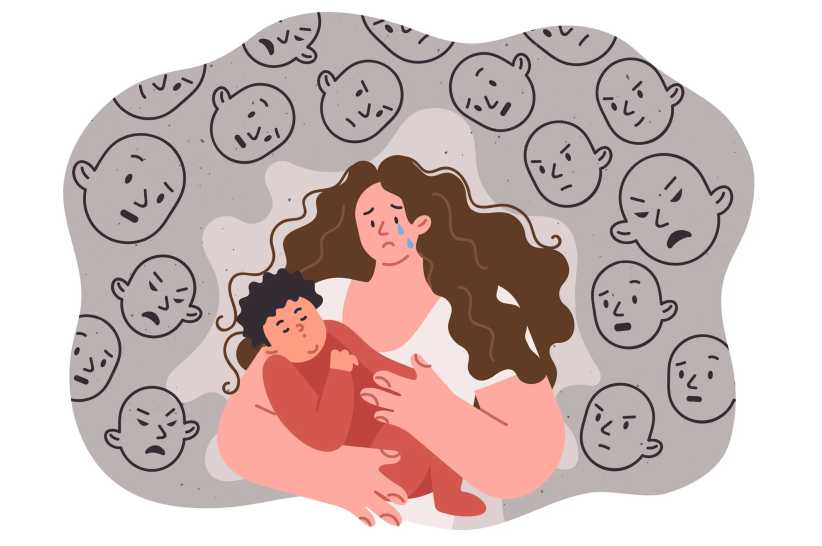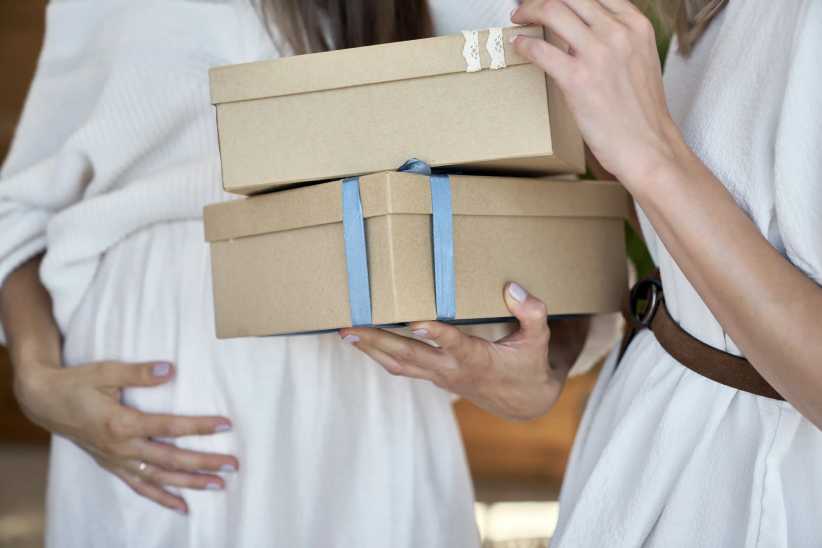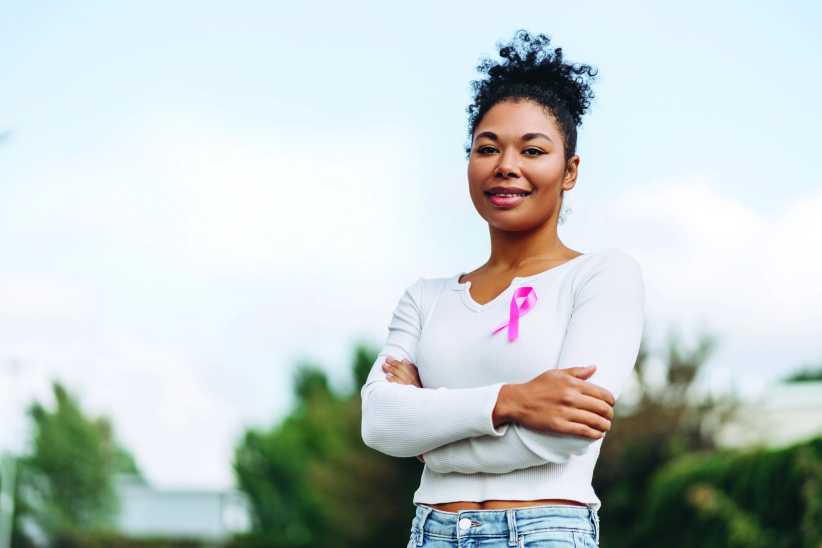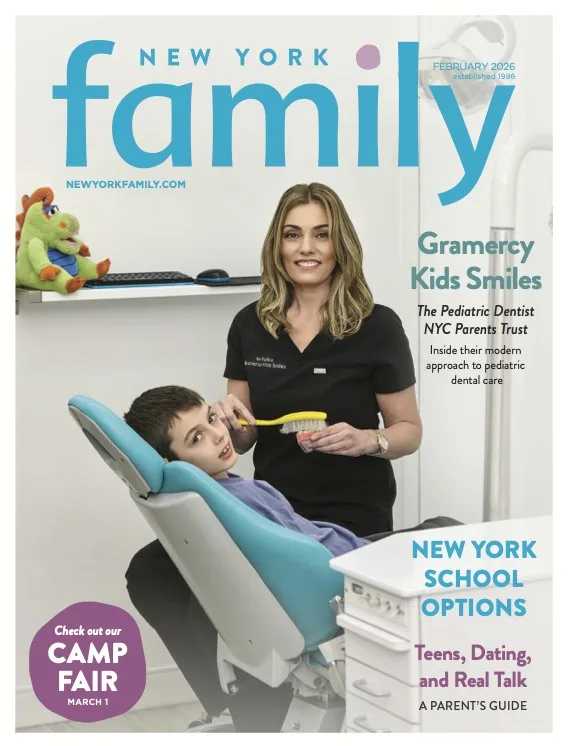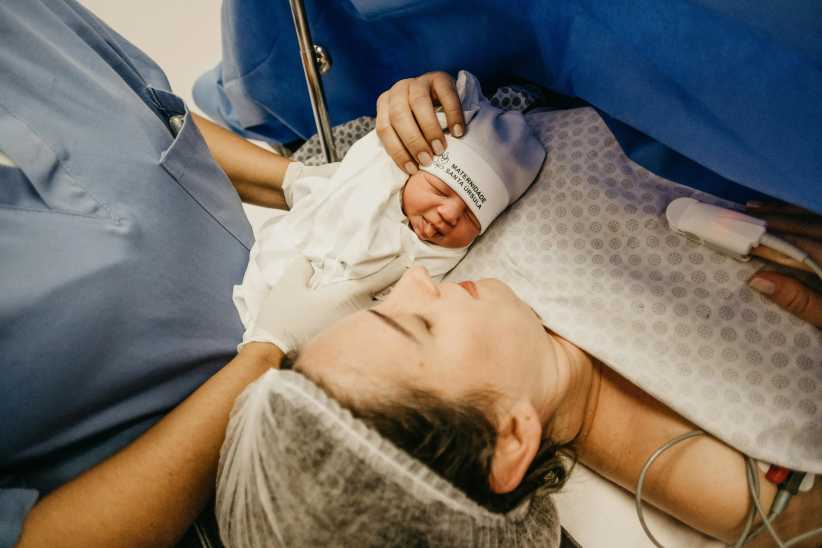
NYC Faces Rising Challenges in Postpartum Care
Statistics show that not enough mothers receive proper postpartum care.
For many, motherhood starts a new chapter of life. New mothers experience a whirlwind of emotions – happiness, joy, fear, and nervousness – as they prepare to begin their new life journey with their bundle of joy. While many show the highlights of life post-birth (we’re looking at you, Instagram highlights!), proper postpartum care is a considerable part of the behind-the-scenes.
Psst…Check Out The High Life of Breastfeeding: Breast Milk with a Side of THC
An Increasing Crisis
Maternal health has always been an issue across the five boroughs. According to the New York State of Health, between 2018 and 2020, there were 121 pregnancy-related deaths in New York State, averaging approximately 40 deaths per year. However, while many mothers have reported not receiving adequate care before and after birth, the focus on postpartum health has not had as much advocacy. A report from March of Dimes found that approximately 12.5% of birthing individuals in New York receive inadequate prenatal care, which is below the national rate of 14.8%.
“Often, women receive one, six-week postpartum appointment. But, many concerns can arise within six weeks,” says Dana Sherrod, MPH, Executive Director, California Coalition for Black Birth Justice (CCBBJ). “In NYC, the challenge isn’t just medical—it’s systemic. We’re talking about centuries of racism, a deep mistrust in health care, a lack of culturally competent providers, and disrespectful treatment that leaves people feeling unseen and unheard. Add to that a shortage of Black providers, inadequate postpartum education, and rising costs, and it’s no wonder postpartum has become so hard to navigate.”
32% of mothers in this stage across the city report high levels of medical mistrust, and one in five new and expecting mothers in New York City experience perinatal mood and anxiety disorders (PMAD), including depression, anxiety, and postpartum psychosis. Postpartum depression (PPD) is one of the leading causes of suicide, accounting for 20% of postpartum deaths. It is also during this time that individuals are most at risk for perinatal suicide, as many occur between nine and 12 months postpartum.
Many mothers struggle with postpartum care as economic and financial circumstances come into play. On average, it would cost a new mother $40 to $70 per hour for doula support.
“Postpartum is often seen as an afterthought – often just making sure the baby is happy and healthy, without considering the mother’s well-being, too. Physical recovery, mental health, breastfeeding, lack of sleep, and everything in between can make this period extremely difficult,” says Joy Windley, Postpartum Doula, CLC, and Assistant Manager for Boram Care, a company that provides postpartum support to new families in the comfort of their own home.
“There are a lot of barriers to adequate care, whether that’s lack of paid family leave, rising medical costs, and general pressure put on moms to just “deal with it” after they give birth. Postpartum care is often seen as a luxury when it should be essential for every mom. This isn’t just something we see in New York City — it’s a societal shift we need across the country.”
The 5-5-5 postpartum rule recommends that new mothers take 15 days of rest after giving birth: Five days in bed, five days on the bed, and five days around the bed. This encourages new moms to spend time bonding with baby instead of doing housework, caring for older children, or returning to work. However, the high cost of living in New York City, which is 77% higher than the national average, makes it difficult for many parents to take this much-needed time away.
How We Can Heal
New York State has made some progress in supporting new mothers by requiring health care providers to screen for PPD and other postpartum mood disorders during postpartum follow-up appointments and baby’s pediatric well-visits.
The city has also launched initiatives such as allowing emotional support dogs during and after birth and providing newborn supply kits to new parents. However, some mothers still hesitate to ask for help.
“The first step is talking about it with friends, family, and healthcare providers. There’s such a stigma around postpartum wellness and knowing that if you’re struggling with breastfeeding, mental health, identity shifts, and the overwhelming emotions that come with new motherhood,” says Windley. “I also encourage new mothers to give themselves permission to ask for help, whether it’s from a partner, a doula, a lactation consultant, or a mental health professional. Recovery isn’t linear, and there’s no one-size-fits-all path. Building a support system, staying connected to your body, and being gentle with yourself can make a real difference.”
Postpartum mothers are not alone; they are encouraged to reach out for help if they may be experiencing PPD or other psychological symptoms. To learn more, read our story — “Postpartum Depression or Just the Baby Blues?” — in this issue. For resources and information, visit the following support groups across the city:
The Motherhood Center of New York
Located in Manhattan, this center offers comprehensive services for individuals experiencing PPD and other perinatal mood and anxiety disorders (PMADs). Their programs include a specialized Day Program for moderate to severe cases, outpatient therapy, medication management, and virtual support groups.
Postpartum Resource Center of New York (PRCNY)
PRCNY provides free support and resources for new parents across the state. They offer weekly virtual support groups, individual peer coaching, and a toll-free helpline at 1-855-631-0001, available daily from 9 am to 5 pm.
Postpartum Support International – New York Chapter
This organization connects individuals with local support groups, therapists, and educational resources throughout New York.
Seleni Institute
Based in Manhattan, the Seleni Institute offers mental health care, counseling, support groups, and maternal and reproductive mental health workshops. It also trains mental health professionals in perinatal mood and anxiety disorders.
Boram Care
Inspired by the structured, holistic care widely available in East Asia and parts of Europe, Boram provides structured, in-home support that prioritizes both physical healing and emotional well-being. Boram has supported more than 1,000 families and their newborns, ensuring high-quality, evidence-based care from highly trained doulas, bridging critical gaps in maternal health, expanding access to postpartum recovery through advocacy, partnerships, and a commitment to making expert maternal care the norm.
Psst…Check Out What Mothers Need to Know About the New Postpartum Depression Drug, Zurzuvae

